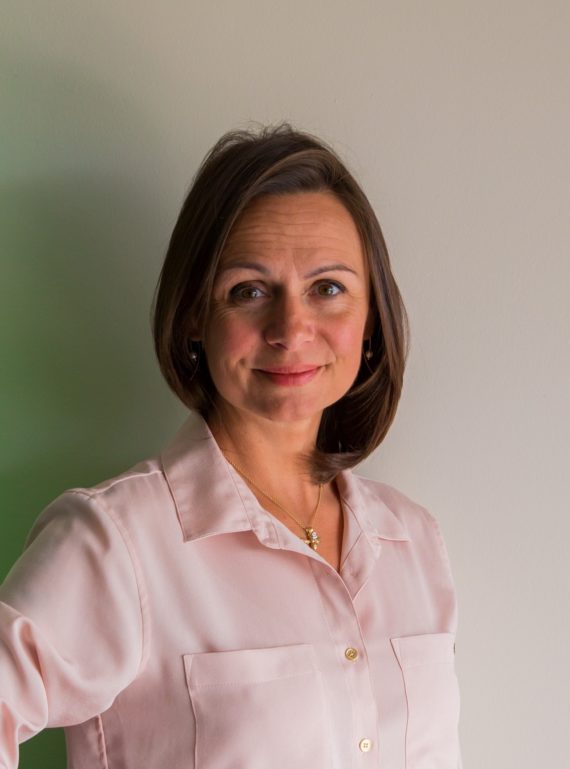
The Employables with Dr Nancy Doyle to premiere in the US
03/05/2019

There has never been a more important time for effective science communication, and for experts to reach the general public. The rise of social media has led to an unprecedented amount of misinformation that can spread like wildfire in the absence of fact-checking. References and proof are deemed unnecessary on social media. The mantra ‘it worked for me, so it’ll work for you too’ is all the proof that is needed. These new ‘experts’ are young, charismatic, and have a lot of followers. Thousands. Hundreds of thousands. Even millions. The more followers you have the more weight your words seem to carry, and the more likely people are to believe what you have to say. The messages are simple and certain, the very opposite of what science is.
Effective science communication has the power to shut down this misinformation, to provide counter-arguments, and to introduce scepticism.
I do this regularly on social media, but there’s only so much you can say in a tweet or Instagram caption. Hence: a book.
Writing my first book was challenging. When it comes to writing about science, you’re balancing on a tightrope: overcomplicate and you don’t engage people; oversimplify and you risk losing the nuances and the appreciation of the complexity.
There will always be people who are more qualified than you or have more experience than you, making imposter syndrome a real issue. I had to remind myself that the reason I was writing this book was not because I was the most qualified or most experienced person out there, but because I could translate complex and confusing nutrition messages to a popular audience in an accurate but entertaining manner. On top of that, my experiences in the world of wellness and social media have made me incredibly passionate and driven to share those messages.
It’s the combination of good science communication and passion that makes for the most exciting and successful books. One without the other feels incomplete and dull.
Writing a book seems impressive, and it is, but the side that doesn’t get talked about enough is the endless hours sitting in a room alone, with just you and your laptop. The amount of time spent agonising over which words to use – knowing that language very much shapes how we feel about food and ourselves – and whether the references you have are compelling enough. Then to top it all off, your work gets sent to an expert editor who has the intention of finding every flaw! Obviously, this makes for a much better end product and so is completely worth it, but it still hurts when you’re told to cut entire sections you’ve spent days working on.
A book feels so much more permanent than writing online. When I press ‘send’ on a blog post or Instagram caption I feel comfortable knowing that I can edit it if needed, make corrections, or delete it entirely. You can’t do that with a book. This pressure is slightly terrifying to say the least, but it’s also meant that my book contains the best writing I’ve ever done.
In the end, it’s 100% worth the effort. It’s a privilege even to be asked to write a book, and it’s all made worthwhile if just one person contacts you to say they feel better or happier as a result of reading it.
–